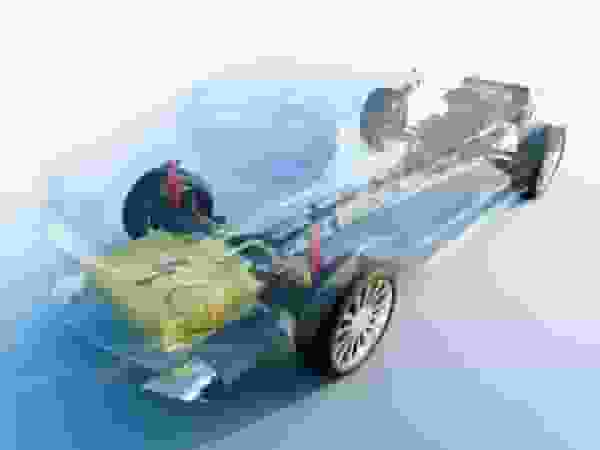Researchers have figured out how to create next-generation electric car batteries that retain all of their capacity even after many charging cycles. The discovery, according to an international research team led by the University of New South Wales (UNSW) in Australia and Yokohama National University in Japan, may offer a workable and considerably superior replacement for existing battery technology.
The scientists looked at a novel positive electrode material that can be employed in robust solid-state batteries and has “exceptional stability.”
Advanced Car Batteries
For its ability to get around the technical constraints of lithium-ion battery packs, which are now used to power the bulk of consumer goods, from smartphones to electric automobiles, solid-state batteries have been praised as “game-changing.”
However, up until recently, solid-state batteries had their own durability restrictions. They are unsuitable for commercial usage because repeated charges can permanently harm the interface between the electrodes and the electrolyte.
In lab tests, the new battery’s 300 mAh capacity was maintained over hundreds of charge-discharge cycles without any degradation thanks to the positive electrode’s combination with the right solid electrolyte and the negative electrode.
According to Associate Professor Neeraj Sharma from UNSW, “The absence of capacity fading after 400 cycles clearly suggests the improved performance of this material compared with those reported for traditional all-solid-state cells with layered materials.”
“This discovery may significantly lower battery costs. The creation of high-performance solid-state batteries with practical applications may also result in the creation of cutting-edge electric vehicles.
One of BMW’s top engineers has called solid-state batteries the “next great thing” in battery technology. Recently, Simon Erhard asserted that the performance of lithium-ion batteries had “peaked,” and that solid-state batteries would eventually supplant them as the industry norm.
A near dimensionally invariable high-capacity positive electrode material, a paper describing the most recent development, was released in the scientific journal Nature Materials on Tuesday.
Now that the electrode materials have been improved, scientists are hoping to commercially produce solid-state batteries for electric cars that can compete with current technology in terms of cost, safety, capacity, and charging speed.
Read more: What is the Shiba Inu (SHIB) and should you invest in it?


